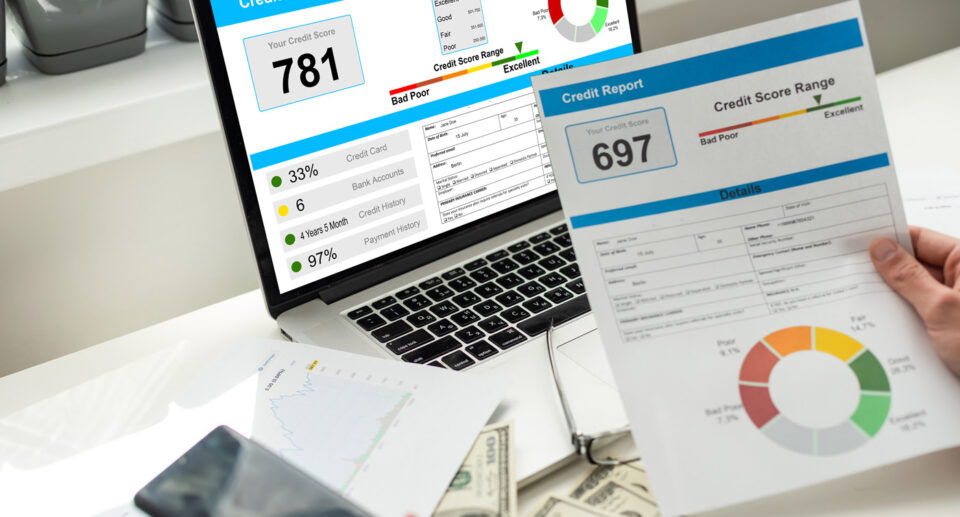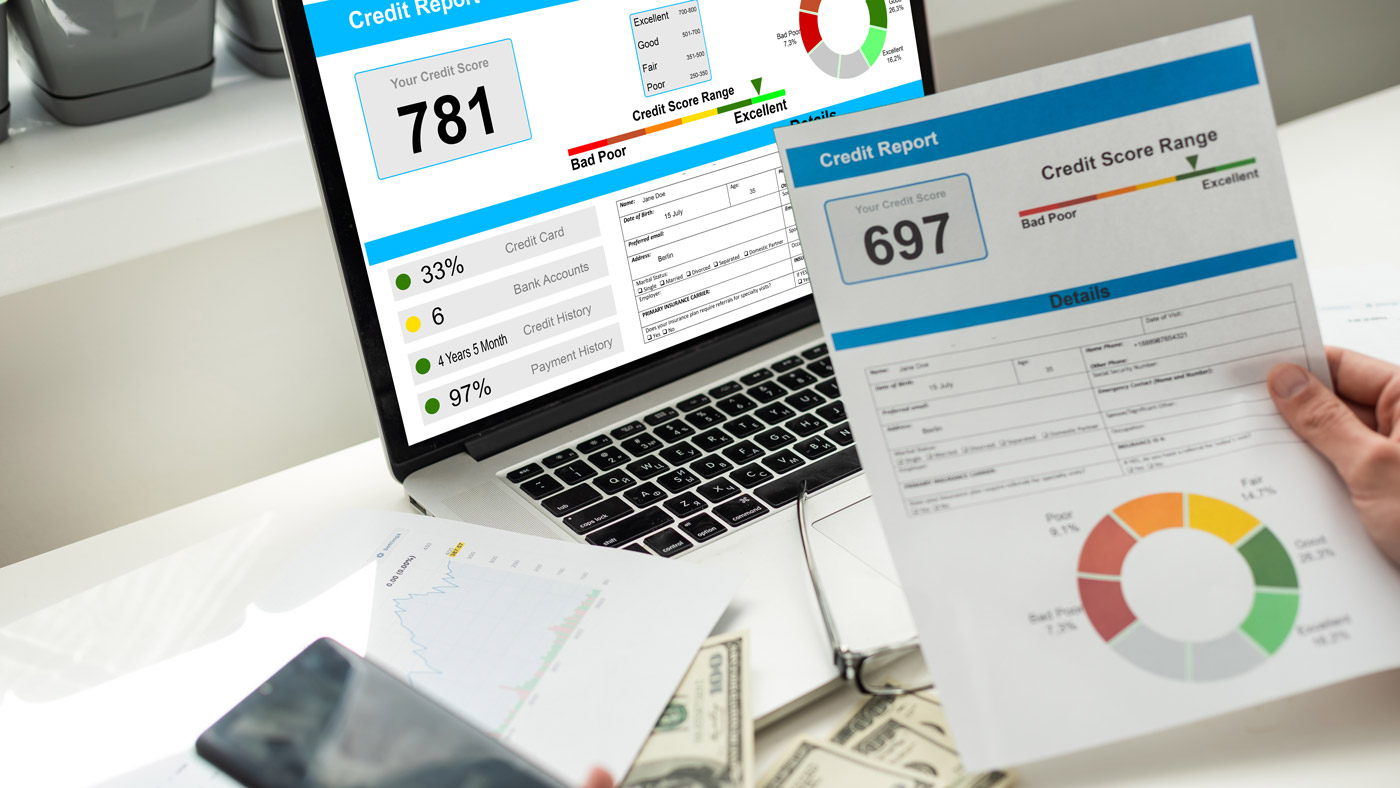What Is a Good Credit Score? Ranges and Why It Matters

Your credit score is like a financial report card. Lenders, landlords, and sometimes even employers look at it to decide if you’re a safe bet. But what exactly is considered a good credit score, and why does it matter so much for loans and major purchases?
Here’s what you need to know.
Understanding Credit Score Ranges
Most credit scores fall on a scale from 300 to 850. While there are several scoring models, FICO is the most widely used. Here’s a general breakdown:
- 300–579: Poor
- 580–669: Fair
- 670–739: Good
- 740–799: Very Good
- 800–850: Exceptional
To qualify for the best loan rates, you’ll want to be in the “Good” or higher category.
Why Lenders Care About Your Credit Score
Your credit score helps lenders measure risk. A higher score suggests you are more likely to pay bills on time and manage debt responsibly.
- Higher score = lower risk = lower interest rates
- Lower score = higher risk = higher interest rates or denials
Even a 50-point difference in score can save you thousands over the life of a loan.
Benefits of a Good Credit Score
- Better odds of credit card and loan approval
- Lower interest rates on mortgages, auto loans, and personal loans
- Higher credit card limits and better reward cards
- Potential savings on car insurance in some states
How to Maintain a Good Credit Score
- Pay all bills on time, every time
- Keep credit utilization below 30%, ideally below 10%
- Limit hard inquiries by only applying for credit when needed
- Check your credit report regularly for errors
Consistent, responsible behavior will help you maintain your “good” status and eventually move into “very good” or “excellent.”

When to Check Your Credit Score
Monitoring your credit score helps you spot changes early. Free tools like Credit Karma or paid options like MyFICO give you access to updates and breakdowns of factors affecting your score.
Regular checks also help catch fraud or reporting errors before they hurt your financial plans.
Key Takeaway
A good credit score is typically anything above 670. It opens the door to lower interest rates, easier approvals, and overall financial flexibility. Understanding your score and maintaining it will save you money in the long run.








